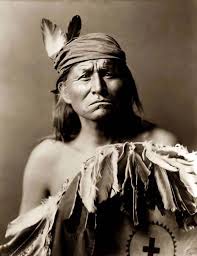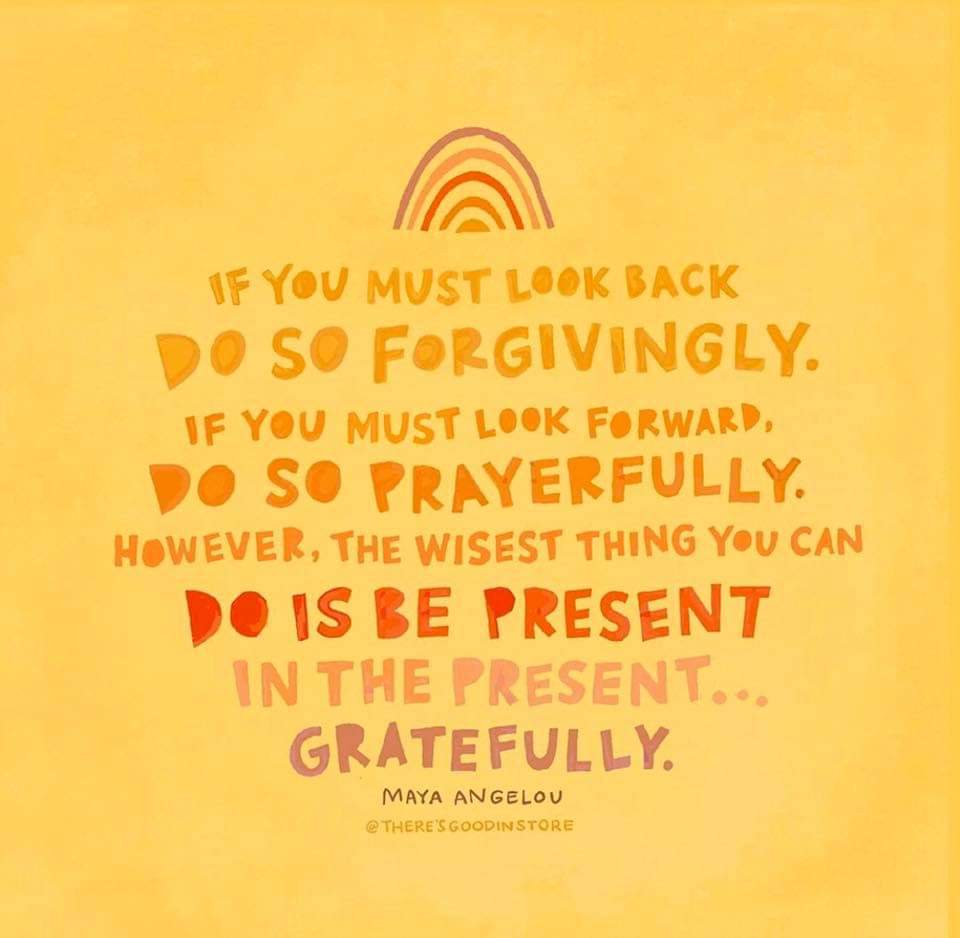During a professinal development event, a presenter spoke about teaching poetry. To my knowledge, this person spent little time teaching, yet he was a supposed expert about all things teaching. In the course of his presentation, he expressed disdain for poetry. He claimed, without evidence, we teach poetry without explaining to students why we teach it.
In my teaching, I described reasons why I taught something, opening up learning to include what students considered important. This included questions about topics and content. Often, students began with a negative view of poetry. With time, we got over hurdles together. Without a collective effort, we do not overcome issues in life and learning. We end up with haiku written through rote formula:
Here are five syllables
And here I write seven more!
Are you happy now?
The presenter indicated, despite having written poetry, he was unsure why teachers taught poems written. I think there are good reasons, but I could be wrong.
Poetry calls me to choose words, paradoxically spare and spacious. Spareness is in the number of words; the fewer the better. The space allows the reader room to interpret. What did the poet mean? What senses are invoked through the word choice?
Instead of counting something, poetry asks me to explore life and understand quality is not evenly distributed. I have privileges, maleness, whiteness, education, that others do not have the eauitable access to.
Choosing words,
Caring about each–
Describing feelings,
Experiences never identical.
Revealing thickness in meaning,
Experiencing sameness different–
Bringing us together,
Bridging worlds.
I told students, who struggled with reading and writing, poetry was an alternative to express themselves. I used ee cummings, as a model, to overcome worries about grammar, spelling, and capitalization.
i dig ee cummings
no punctuation
no capitols
won’t worry about spellin either
no sweat
aint no problem
i write poetry
I enjoy poetry. I always have. I remember a poem, The Elevator, I memorized in Grade 4. I think it Walter de la Mare wrote it. My friend memorized a poem called Douglas Fir. His name was Douglas. When I enjoy who and what I teach, I bring enthusiasm to writing poetry.
Artists, including poets, are often at the forefront, addressing social issues. In our times this includes Maya Angelou, Thomas Merton, Wendell Berry, Adrienne Rich, Parker Palmer, Thich Nhat Hanh, etc. Sometimes, I do not think of these authors as poets. Each of them wrote/writes poetry helping to raise my awareness about issues.
Below are the wonderful and poetic words of Thich Nhat Hanh.

I close with a poem I wrote many years ago as a 15 year old in high school. I have never been a fan of what we call capitalism. What we have is predatory and is at the root of current political, economic, and social issues. Only a handful are admitted to the club.
Captains of Society
Captains of Society
Shallow, superficial, arrogant
Single ambition
Greatness in the eyes of others
Only those with resources can apply
The rest
Forgotten
Pay a high price, but…
It’s their fault
They own their misery.
A cheque to charity
Assuages my conscience
What about the despair?
Don’t care
I claim I do
Donations in badfaith,
It’s a tax receipt
I really claim, but…
Done on the backs of others
Get the staff to donate time
Not mine.
Increase taxes
Not mine!
No way!
It’s wrong!
Tax others!
What is work?
I create jobs
It’s a spectator sport
This work, which
I manage from afar.
Drive luxury wheels
Shout
Curse
What’s the hold up?
Who’s blocking my way?
The ‘75 Ford station wagon
Engine shot
Dead broke!
Is it their home?
Throw a party
Drink
Eat
Be merry
No concern for homeless
A romantic notion this ‘hobo jungle’
Not my world
What’s wrong?
It’s not my fault
I gave at the office.
After all.
Throw money at problems
It might help
Don’t
Stop, see, care
If it really helps
Denying, refusing, unfeeling
I pay for a clear conscience
After all.
The misery
In surround sound…
Is out of sight;
Out of mind









